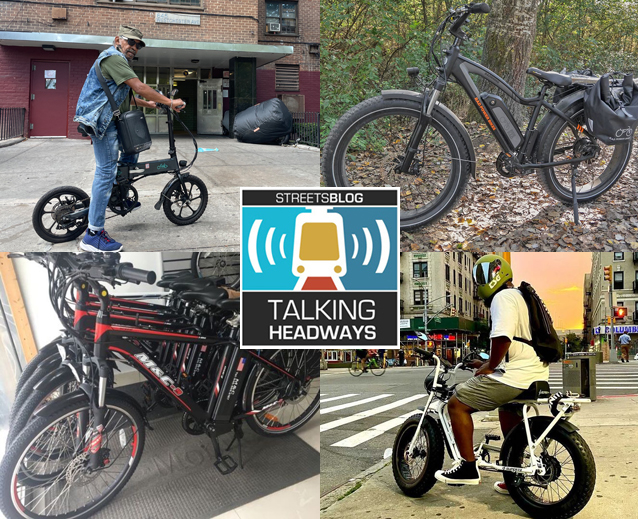This week we’re joined by Mike Salisbury of Denver’s Office of Climate Action, Sustainability & Resiliency to talk about the city’s e-bike rebate program. That leads to a discussion of funding, e-bikes vs electric cars, and how the rebates are distributed. This program is a model for the nation, so this is what we consider "must-hear" Headways!
There's an excerpt of the conversation below the player. Or you could click here to get a full unedited transcript. However you enjoy Talking Headways, please do so!
Here we go:
Jeff Wood: How is the rebate is targeted specifically? Who does the rebate go to or who is allowed to get the rebate when they go and buy an e-bike?
Mike Salisbury: We have two tiers of incentive. Everyone in Denver can apply to get a $300 rebate. Last year was $400. Everyone can get one of those — you just have to be able to prove you’re a Denver resident. And if you are what we call "income-qualified resident," if you are enrolled in existing programs that indicate as having a lower income, then you kind of automatically qualify for a rebate of up to $1,200. And so every time we release vouchers, we set aside a certain number of vouchers for the general population and then also for the income-qualified residents. And so last year it was about a 50-50 split between two groups of people,
Jeff Wood: That’s pretty impressive to target and then also, you know, basically get to that goal that you’re setting for yourselves.
Mike Salisbury: It’s been way more successful than we envisioned. I think we did not know how successful it would be and how much demand there would be in that income-qualified space because it’s still a new technology that can be expensive. You know, $1,200 can cover a lot of the cost, but it's still not going to be free for some e-bikes. You might still have to put in a couple hundred dollars. So it was really exciting to see lots more demand for the standard vouchers.
Then as the program became more widespread and people learned more about it, it got more and more equal amount of demand happening in the income-qualified space. Our goal is to get a lot of e-bikes out there, but I guess I would’ve been disappointed if this had confirmed that e-bikes are just kind of like things for rich people. You definitely hear that, "Oh they’re just for rich people," but I think we’ve demonstrated the success of the program — that everyone wants this really cool mobility option. It can be a real resource for everybody.






